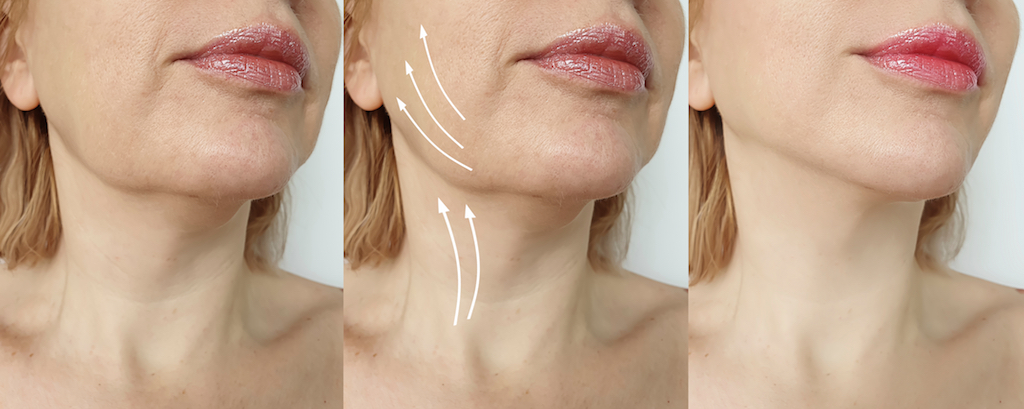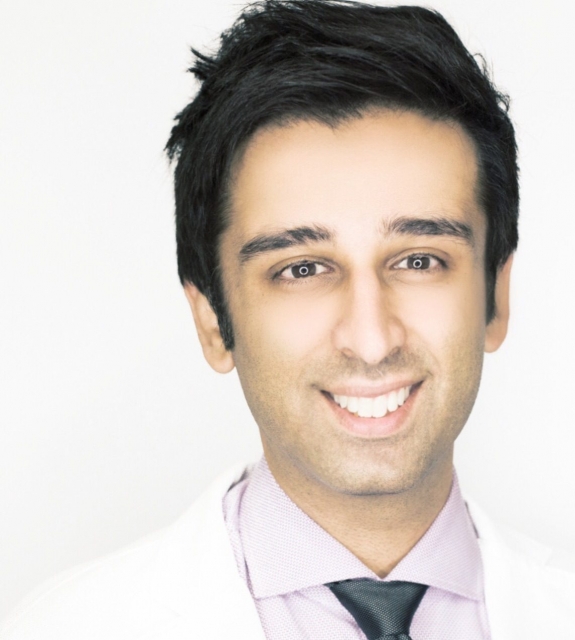As the Founder and CEO of Newport Surgical Center, Dr. Milind Ambe is nationally renowned for having one of the top aesthetic surgery practices in Southern California. His practice has thrived at its Newport Beach location for 20 years and remains one of the busiest practices of any Board Certified Plastic Surgeon. Dr. Ambe and his multi-specialty surgical center have been featured in multiple television programs, magazines, newspapers and other national media coverage—a testament to his perfected skill, unparalleled experience, and excellent results. Haute Beauty chats with Dr. Milind Ambe to learn more about a lower face and neck lift.
 Photo Credit: Shutterstock
Photo Credit: Shutterstock
HB: What is a lower face and neck lift?
One of my favorite procedures to perform is a lower face and neck lift. It is an excellent treatment for anyone, usually over the age of 40, who is experiencing skin laxity in the jawline and neck.
HB: How does the procedure work?
The procedure involves surgically removing the excess skin that is causing the laxity, while also tightening the underlying muscle (SMAS layer and platysma bands) for a lasting result. It is a very complex process to improve a patient's jawline and neck area, while maintaining a natural and “non-plastic surgery" result.
HB: Who is a good candidate for this procedure?
The best candidate for the procedure is anyone who has skin laxity to the jowls, jawline and neck. If they have sagging and signs of aging to the lower face and neck, and they wish to have a more defined jawline and overall more youthful appearance, they are a candidate.
 Photo Credit: Shutterstock
Photo Credit: Shutterstock
HB: How does this treatment compare to others of the same nature?
There is no non-surgical or other surgical procedure that even compares to the results of a well done lower face and neck lift. If a patient wants a “home run” result to improve a sagging and aging lower face and neck, then a surgical lower face and neck lift performed by an experienced board certified plastic surgeon is the best and only lasting procedure.
HB: What does recovery look like?
The recovery is actually quite simple. We recommend two weeks of "downtime" of taking it easy, whereas no strenuous exercise or heavy lifting for two weeks. This procedure involves minimal to no pain, with also minimal bruising.






















